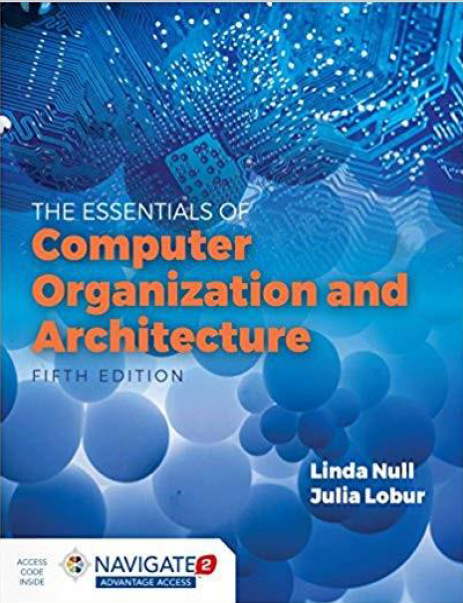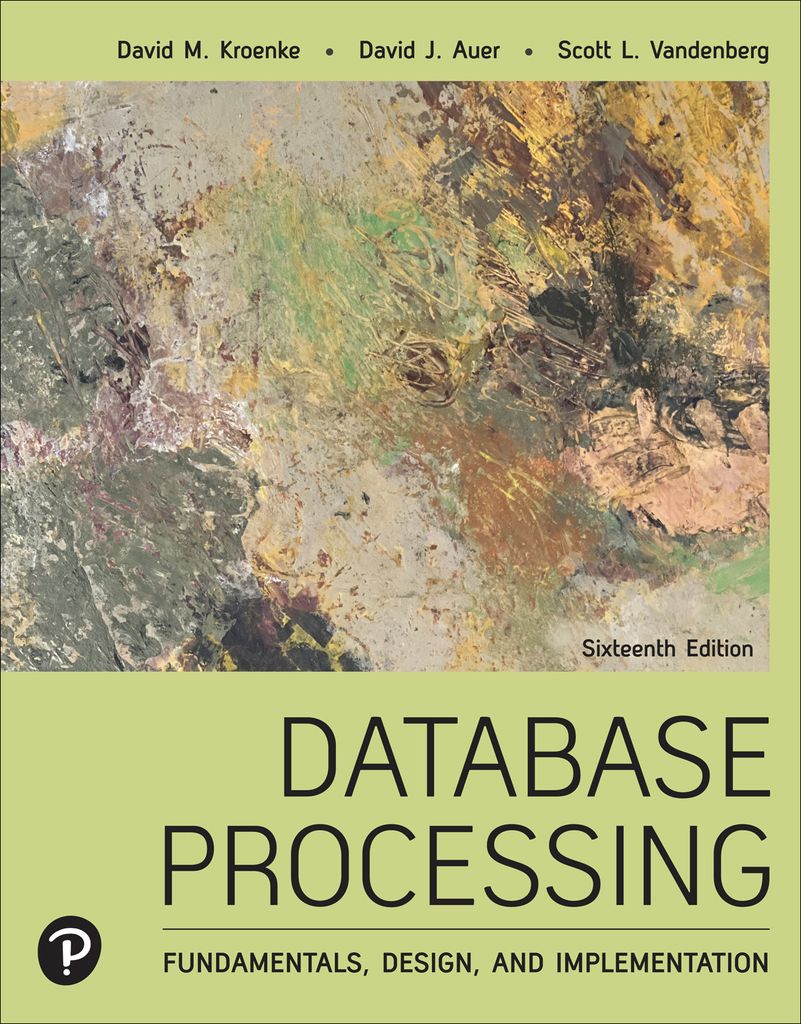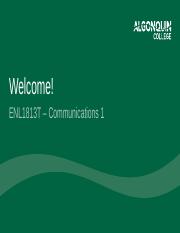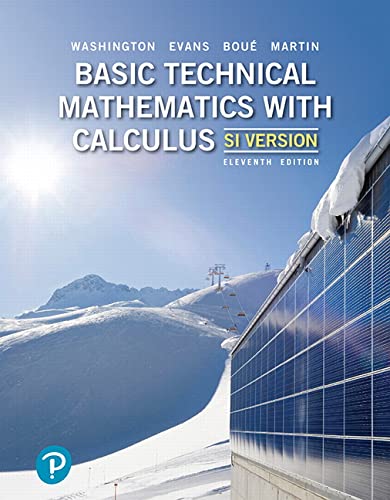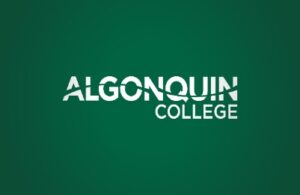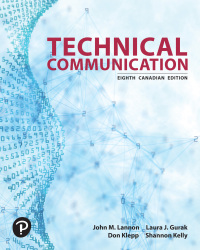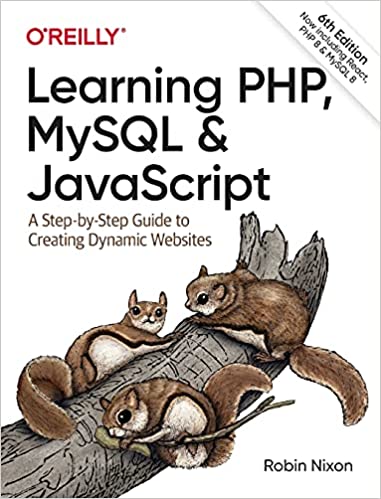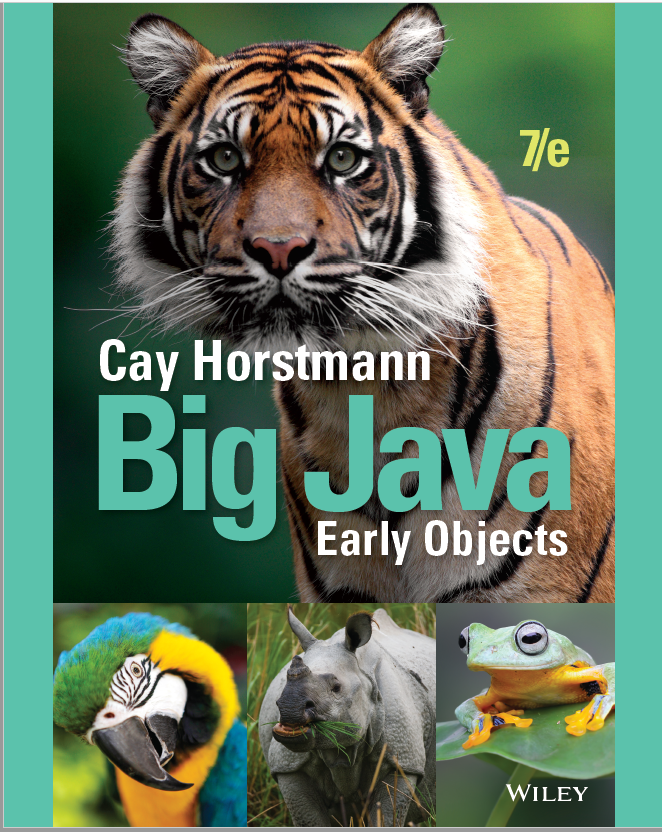
Level 1
CST8116 Introduction to Computer Programming
Possessing the fundamentals of logic, problem-solving and programming language structure provides a solid foundation for further study in the field. Students develop introductory knowledge of computer programming with emphasis on problem analysis and design, using algorithms, pseudocode, flowcharts, UML Class Diagrams and testing, with the Java programming language used as a means to implement problem solution designs.
